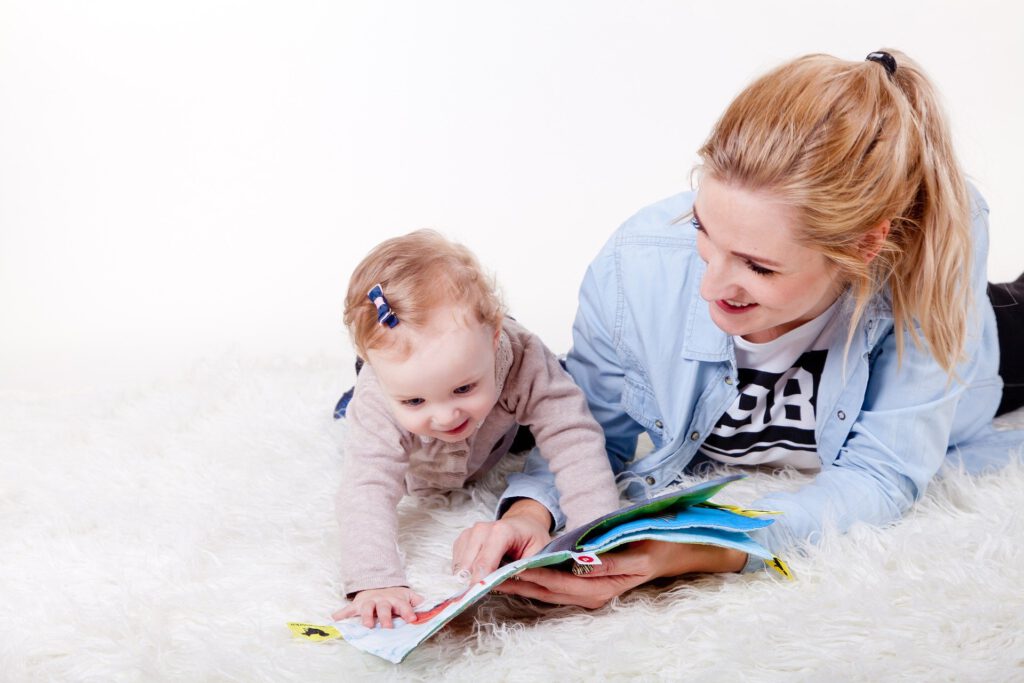What Does the UK’s Roadmap Mean for the Important Early Years?

Mums and dads everywhere will recognise the importance of the first few months and years of their child’s life. The first steps, first words, first days of school – throughout these early years, you’re bound to be fascinated by your child’s progress. During the pandemic, however, many parents have been concerned about the impact of lockdowns on their children’s development. Plus, there’s the impact that the pandemic has had on the mental health of parents across the country.
Thanks to the recent roadmap out of the COVID-19 lockdown, some key milestones have been laid out, and it looks like there’s a potential end in sight. For parents everywhere, these key dates spell major changes. Let’s take a closer look at what these key dates mean for new parents and the healthy development of their babies and children.
The reopening of schools
According to the Education State, the early years are “a time when the brain develops and much of its ‘wiring’ is laid down”. Therefore, the staggered school reopening that began on the 8th of March is a relief for many.
Not only does then reopening of schools allow children to get back to learning in person, but it will come as a much-needed break for parents everywhere. For many, the pandemic has meant juggling working from home with looking after their children and keeping their minds active. This has had a substantial impact on many people’s mental wellbeing during such testing times.
According to research gathered by 5 Big Questions, a campaign headed by the Duchess of Cambridge, over a third of parents said that the COVID-19 pandemic had harmed their mental health. Of course, there are many reasons why this is the case, but the reopening of schools will at least help to ease the pressure on parents in the UK.
Support from others
According to the current roadmap, six people or two households will be able to meet outside from the 29th of March and indoors from the 17th of May. Furthermore, all current limits on social contact are scheduled to be removed on the 21st of June.
For parents, particularly those with new babies, this could mean an end to feelings of isolation. It could also mean that they are able to get some help and support from people outside of their immediate family. After all, parenthood can be hard – from the moment you find out you’re pregnant to the final hospital bag checklist before the dash to the hospital, to giving birth and holding a new little life in your arms. After this, there’s the pressure of navigating those all-important early years and making sure that your child has the support that they need to grow into a happy, healthy, and well-adjusted young adult. All in all, it’s not an easy task!
Needless to say, parents shouldn’t have to do everything alone. It’s important to understand the crucial role that wider communities can play both in positively impacting children’s formative years and offering new parents some support. The focus should be on raising a healthy and happy generation of children, and that relies on many factors outside the control of the parents.
In the survey responses from 5 Big Questions, it became clear that, thankfully, community support for parents had substantially increased during the COVID-19 pandemic in many regions. However, sadly the same could not be said for new parents living in the most deprived areas of the UK. Although 40 per cent of respondents felt that community support had grown, only 33 per cent in deprived areas felt the same.
After the restrictions on social contact eases, however, this much-needed support will be more readily available. After these key dates, parents will be able to socialise more and enlist help and support from their friends and extended family members. Over the past few months, it has been found that 63 per cent said that they’d experienced loneliness. So, the opening up of society will come as a much-needed relief.
Stimulating activities
For parents and children alike, being confined to the house has not been easy. Despite creative efforts, many have struggled to keep their kids stimulated and entertained. Because of this, parents everywhere will breathe a sigh of relief when they are once again able to do activities with their kids outside of the house.
As of the 12th of April, indoor leisure activities will be possible once more. So, from parents who are dropping their ten-year-olds off at football practice to new mothers and babies attending their first swimming class, possibilities will be opened for all.
Stimulation and socialisation are key to early years development, so the re-opening of leisure activities outdoors (from the 29th of March) and indoors (from the 12th of April) is sure to make the world of difference.
As we approach each step in the UK’s roadmap, we are set to see more opportunities for families with young children. From increased support to a wider variety of activities, the road ahead looks bright.











Responses